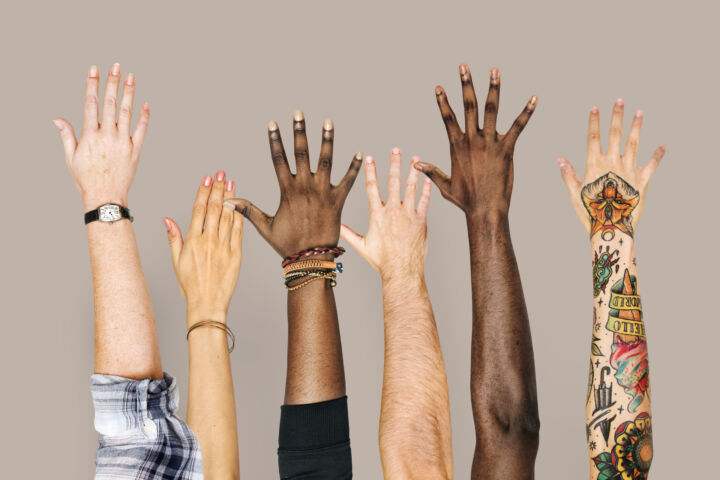Buzzwords, everywhere
Buzzwords give us a sense of comfort; a sense of belonging. They make us feel that we understand a bit about what’s happening in the world and that we have a grasp on all the fast-moving information and changes that we undergo daily. From “disruption” to “sustainability;” from “agile” to “innovate” and from “authentic” to “pivot,” buzzwords have an undeniable impact on behaviour. The question is, why?
Buzzwords in most cases seem new, however, the ideas they encapsulate are old, sometimes far older than we realise.
When one thinks about buzzwords, automatically the thoughts of most turn to something new or out of the box…a groundbreaking discovery and we all want a piece of it. We want to understand it because it’s unlocked something. In truth, however, buzzwords aren’t new. Ok, let’s rephrase that. Buzzwords in most cases seem new, however, the ideas they encapsulate are old, sometimes far older than we realise.
"Disruption" as the new normal
Take the word “disrupt.” It’s been “disruptive thinking,” “disruptive tech” or “disruptive cultures” on all our lips and the list goes on. Sit back and observe for just a moment what disruptive anything points to. It points to something groundbreaking yes, but is the idea of disruption new? Heck no. The car or steam train would have been disruptive in its day. Sewing machines and typewriters were disruptive when they emerged and the IoT was more disruptive than any of us could have imagined at the time. Exciting? Yes. Groundbreaking? Without question! New? Not so much. You see, life is cyclical and the idea behind disruption is not new, it’s just a new phrase to describe human advancement.
Humans change all the time, from day to day, from moment to moment… change is as old as humanity itself.
New, or newly boxed?
How about the term content marketing? While appearing new it dates back even further than the 1990s. The very idea of content marketing emerged when the printing press was first created in the 1400s. Benjamin Franklin engaged in content marketing when he started marketing his printing business. So while the term may have become popularised within the 1990s, the concept is not new.
Since 2020 all we’ve seen is everyone pivoting around us as we strive for additional streams of income or creative ways to survive. At its core, pivoting is really about change. Humans change all the time, from day to day, from moment to moment…change is as old as humanity itself.
So why all the buzz?
Ultimately while we mostly moan about buzzwords after a couple of years because they become overused, they serve a purpose. Take a step back and observe our behaviour when buzzwords first surface. Thought leaders and trend analysts observe certain patterns that are informed by new data.
The key here is to understand patterns and cycles. You see, buzzwords serve as a temperature gauge that reads the collective climate. It’s the compass that perhaps for a time, points us in a direction so that we’re able to gain momentum and together and move in a certain direction that will hopefully, challenge everyone’s thinking and break new ground in that particular season.
Instead of getting stuck in overanalyzing the buzzwords, let’s use them as a springboard to help us progress by taking it one step further, observing the cycle that the buzzword is pointing to and consciously creating the space to progress. Scientists refer to our era as the Anthropocene Epoch and as the dominant species that’s had the most profound impact on the planet in the best and most terrible ways simultaneously, perhaps the buzzwords are there to bring balance in the cycle once more.
Looking ahead
Buzzwords change as new generations emerge, but the cycle of life doesn’t. Living in an era of accelerated exponential tech, the change seems to be happening at 1000 kilometres per hour, but the cycles remain the same. The real question here is, how are we using buzzwords to assess where we’re at in the cycle to progress in ways where the benefits reach far beyond brand or organisation, but that benefit society and the planet so that we’re able to leave the world better than the way we found it?
Related Posts
March 21, 2022
No Cap, this Article is Lit
If this title doesn’t make sense to you, rest assured every single Gen Z…
March 20, 2022
Diversity, Inclusion and Creativity…Now What?
If you’re working, running that side hustle or over 16, you would have heard…


